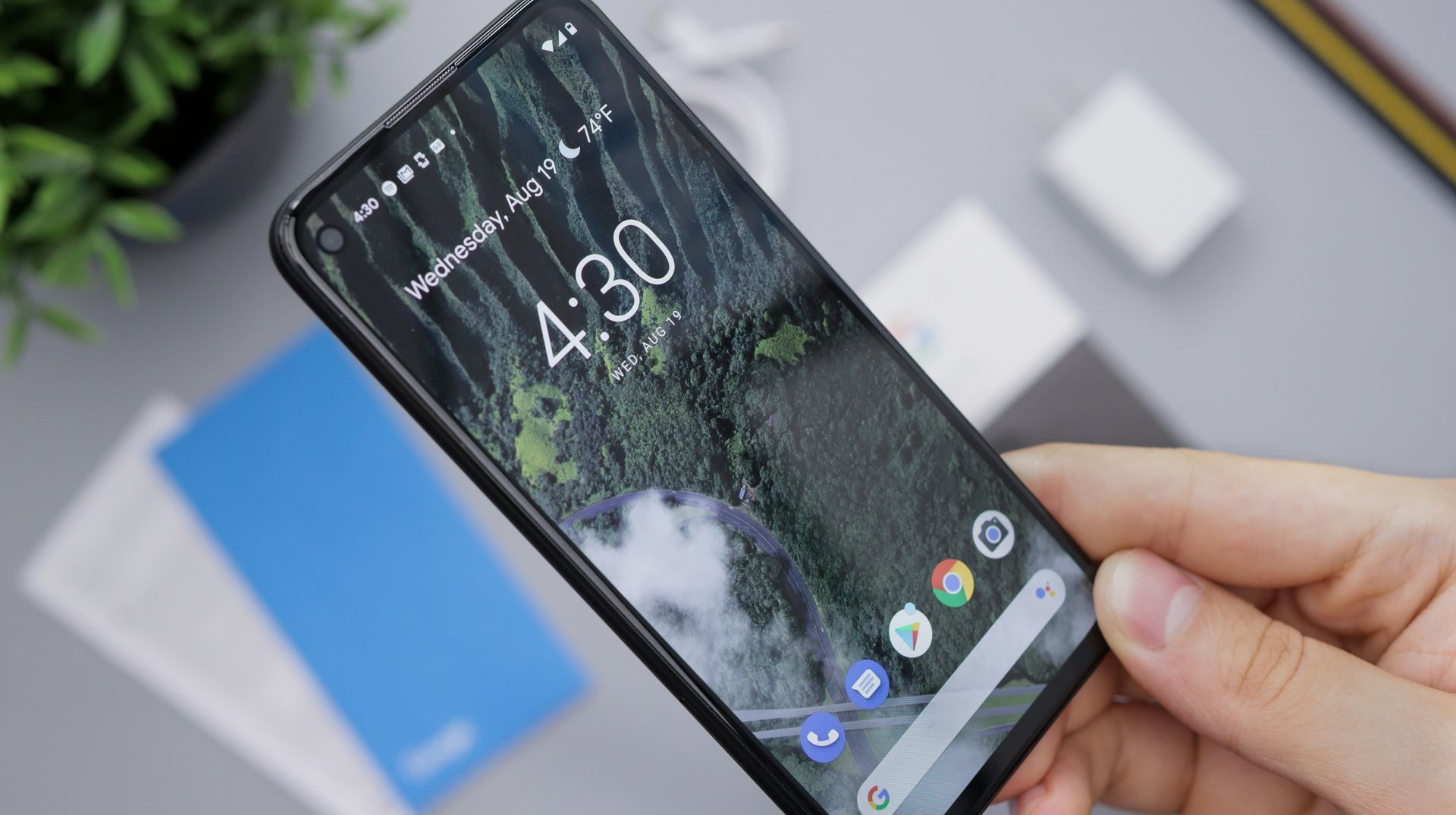In Life (and Love), Perspective is Everything

Cycles are Hard to Break
Many couples fall into destructive negative cycles that are hard to break—hard but not impossible. If you focus on your partner’s distance or indifference or perhaps chronic criticism or aggression, that emotional “tunnel vision” might make you lose sight of anything to the contrary. And the more of those negatives you see, the bigger they will appear to you. This is a dangerous negative spiral that makes many couples fall out of love and sometimes, throw in the towel.
But, it doesn’t have to be that way.
You Can Change Your Focus
Indeed, changing this pattern is one of the things couples learn to do at a Hold Me Tight®️ couples retreat. Cycles of conflict are painful and confusing. They can feel impossible to change. But, Hold Me Tight®️ helps couples see their conflict and their whole relationship in a new light, through a new lens. Couples learn to look through an “attachment lens.” They learn the powerful lessons of attachment science. That attachment lens can help you see your partner in ways you never had before.
See Through an Attachment Lens
Imagine how things might change if you saw your angry or indifferent partner instead as desperately seeking a safe connection with you. Imagine how different things could be if you both learned not only what you truly need in your relationship, but how to get (and give) it safely and securely. These are just some of the lessons Hold Me Tight®️ can teach you and your partner.
Don’t just understand your conflict cycles—change them. Interrupt them and change how you see one another. Hold Me Tight®️ is the place to do it. Couples consistently leave Hold Me Tight®️ workshops saying they know where they want to go and how to get there. They leave with deeper connection and the confidence to maintain it. You and your partner can be one of those couples.
Our next Hold Me Tight®️ retreat is next month. Seating is limited so sign up today. All the details are on this website.
- Learn more about Mark and Vicki
- Sign up for our contact list
- Prepare for a transformational experience
Have a Safety Plan









